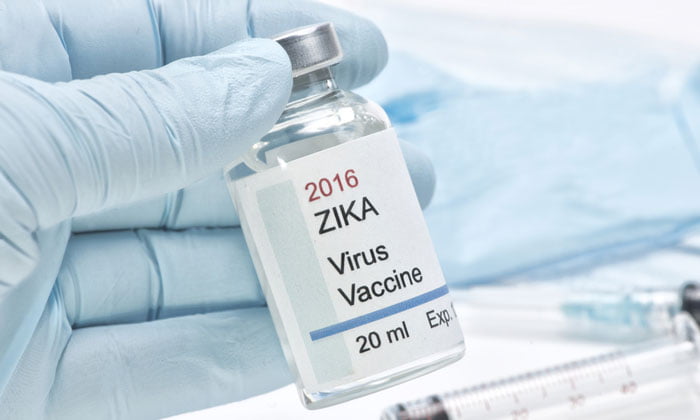BMBF funds Zika vaccine research group at LMU
Posted: 8 February 2017 | Niamh Marriott (Drug Target Review) | No comments yet
The research group will explore novel approaches to vaccine development, focusing on the Zika virus.


At Ludwig-Maximilians-Universitaet Muenchen (LMU) in Munich’s Institute for Infectious Diseases, Dr Asisa Volz will lead a new junior research group devoted to the development of vaccines against emerging viral threats, with a particular focus on the Zika virus.
The Federal Ministry for Education and Research (BMBF) has announced that it has agreed to fund a new Junior Research Group in the Faculty of Veterinary Medicine at LMU, in accordance with a proposal submitted by the Institute for Infectious Diseases and Zoonoses. The new group will be headed by virologist Dr Asisa Volz and will begin work in July 2017.
Its goal is to investigate new strategies for the development of specific and effective vaccines against zoonotic viruses – viruses that are transmitted from their natural animal hosts to humans by intermediate vectors.
According to the Robert Koch Institute, the Zika virus has spread to more than 40 countries in Latin America since 2014. Zika is transmitted to humans by mosquitoes, but the virus can also be passed from mother to child during pregnancy, and can lead to severe brain damage and other congenital malformations.
The primary aim of the new project is to find ways of protecting the foetus from the potentially catastrophic consequences of maternal transmission of Zika for embryonic neurogenesis, and producing an efficacious vaccine that can provide rapid protection in emergency situations.
“We will study the protective effect of immunisation using candidate vaccines against the Zika virus, and we will test the impact of new antigens expressed by a modified version of the Modified Vaccinia virus Ankara (MVA),” says Volz.
The MVA vaccine platform has been developed at the Institute for Infectious Diseases and Zoonoses as a basis for the study and the production of so-called vector vaccines. The technology is based on the modification of the vaccinia virus genome to enable MVA to express immunologically relevant proteins derived from other viruses.
The BMBF will provide a total of €1.3 million in grant support for the project in the coming years.
Related topics
Funding
Related conditions
Zika virus
Related organisations
Federal Ministry for Education and Research (BMBF), Ludwig-Maximilians-Universitaet Muenchen (LMU)
Related people
Dr Asisa Volz



